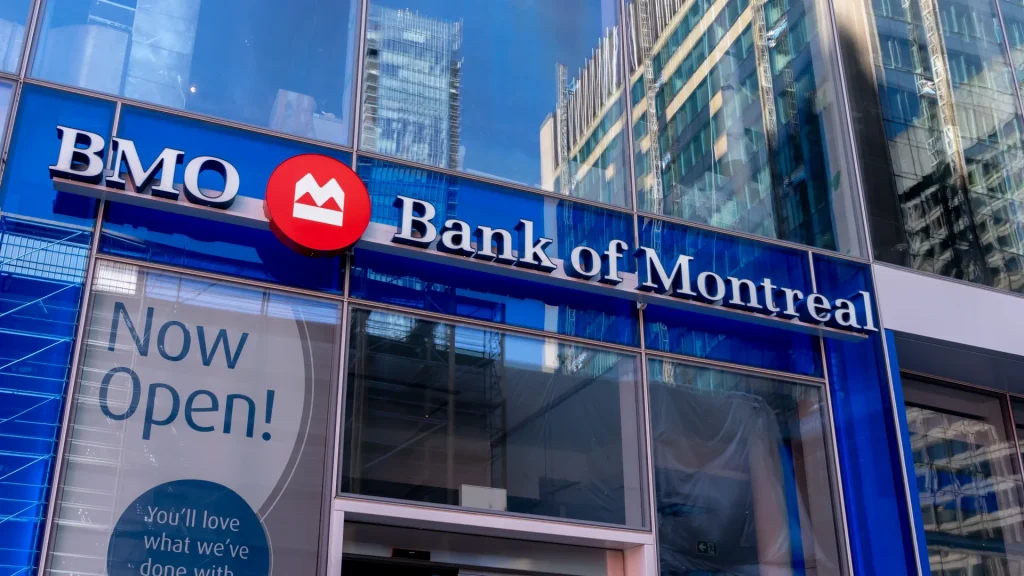Bank of Montreal Discloses Bitcoin ETF Holdings in SEC Filing

The Bank of Montreal (BMO) has disclosed its Spot Bitcoin ETF holdings in a recent 13F US Securities and Exchange Commission (SEC) filing. Indeed, Julian Fahrer reported the Canadian bank’s BTC ETF exposure. Moreover, BMO is one of Canada’s largest financial institutions, as part of the aptly named Big Five, with nearly $1 trillion in assets.
According to the filing, BMO is holding the Fidelity (FBTC), Frankin Templeton (AZBC), BlackRock (IBIT), and Grayscale (GBTC) ETF offerings. This development is another important showcase of the increasing shift in Bitcoin adoption by some of the world’s most prominent banks and asset managers.
Also Read: JPMorgan Chase Discloses Spot Bitcoin ETF Portfolio
BMO Discloses Bitcoin ETF Exposure in SEC Filing
In January 2024, the SEC made the landmark decision to approve the issuance of Spot Bitcoin ETFs in the United States. The decision was poised to have massive ramifications on the digital asset industry in the country and propel adoption from prominent entities.
The approval led to the product being one of the country’s best-performing ETFs in history. With asset management firms like BlackRock behind the investment vehicle, a new door for the industry had opened. Moreover, the continued updates on who is entering are only proving to be an even greater positive for the market as a whole.

Also Read: Wells Fargo Discloses Spot Bitcoin ETF Holdings
Now, Bank of Montreal (BMO) has disclosed its Bitcoin ETF holdings in a new 13F filing with the SEC. Indeed, one of Canada’s largest financial institutions has holdings in four of the market’s most prominent offerings. Among them is the aforementioned iShares Bitcoin Trust.
The bank joins entities like Wells Fargo, JPMorgan, and the Swiss UBS bank having holdings in the BTC investment offering. Conversely, these Bitcoin ETFs allow investors to gain exposure to BTC without necessitating direct custody of the asset. There is no doubt that this kind of BTC exposure is set to increase. This will especially be true as ETFs become more prevalent in the finance sector.
Source link





